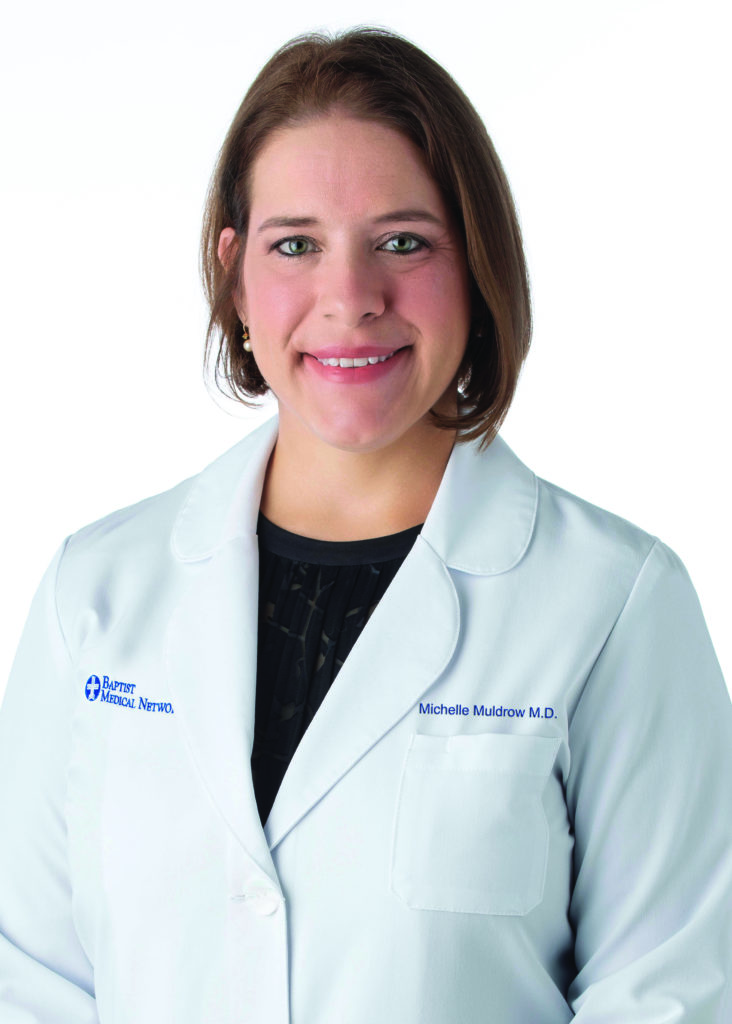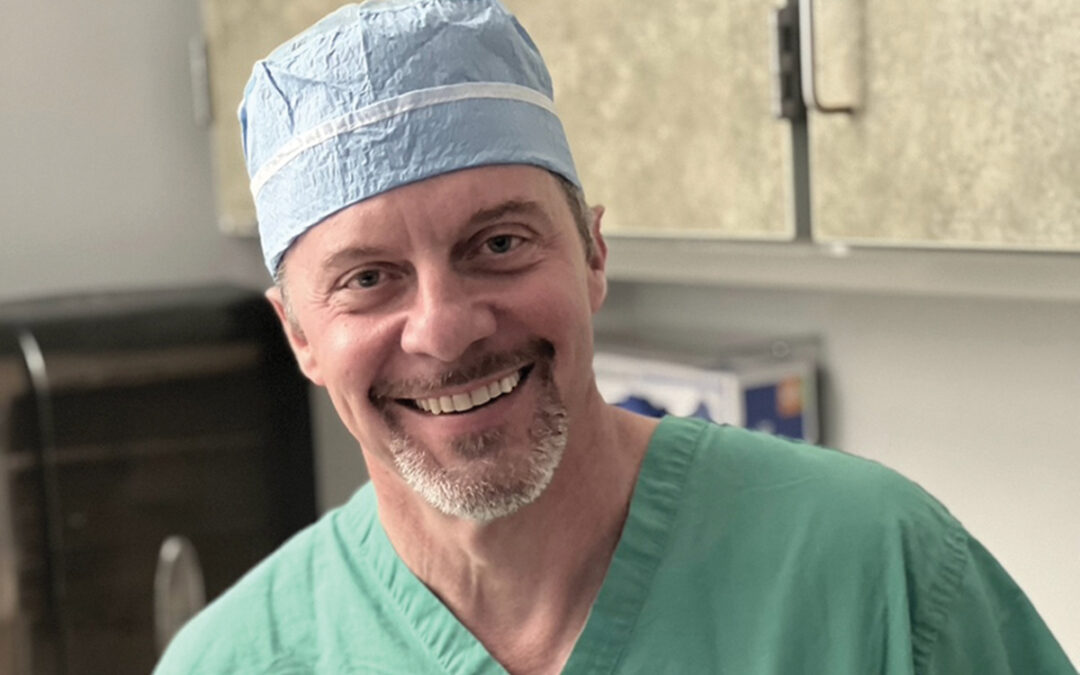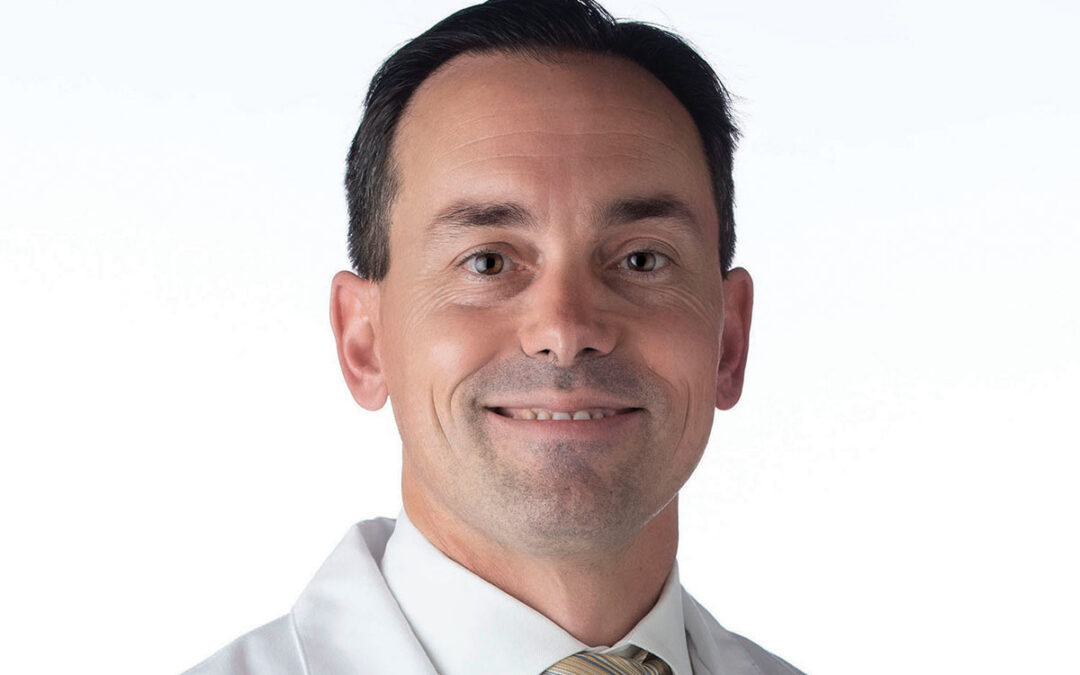Minimally Invasive Surgery: The Standard in Treating Gynecological Issues
By Paul J. Watkins
Minimally invasive surgery has been available for more than three decades and is considered the standard surgical approach in nearly all medical specialties, including gynecology.
“Just about everything in gynecological surgery is being done minimally invasively,” says Jose Farina, MD, FACOG, a board-certified obstetrician and gynecologist at Acacia OB/GYN, a practice of Baptist Medical Network.
While laparoscopic surgery is a long-established technique for performing procedures minimally invasively, robotically-assisted surgery, also in the minimally invasive category, has become increasingly popular in the last two decades.
“The robot allows an almost three-dimensional view of the structures in the abdomen,” explains Dr. Farina. “This is a much better view than is possible with traditional, open abdomen surgery. Also, for the patient, the pain is less, the blood loss is less, and the incisions are smaller.”
Dr. Farina says that choosing a laparoscopic procedure versus a robotically-assisted procedure depends on the woman’s specific needs. “I use the laparoscope if it’s a relatively minor surgery in which I can limit the number of incisions to three and this approach will serve her best. If I’m removing a cyst or an ovary, or if I’m removing an ectopic pregnancy, I’ll use the laparoscope.”
“For less complicated cases, such as a tubal ligation, salpingectomy, or simple cyst, I’ll choose laparoscopy,” states Michelle Muldrow, DO, MSW, FACOG, a board-certified obstetrician and gynecologist with Innovative Women’s OBGYN – a practice group of Baptist Medical Network. “For a hysterectomy, typically, I’ll do it robotically because I have a lot more dexterity, I can zoom in visually, and I can do the entire case without having to switch from abdominal to vaginal. I lean toward robotics for the more complicated cases.”
Both surgeons agree that the recovery from a robotically-assisted surgery and a laparoscopic surgery are similar for the same procedure. “We send a lot of those patients home the same day – even our hysterectomy patients. They go home with pain medication, and they do well,” says Dr. Muldrow. “On the other hand, patients who have an open procedure will typically stay in the hospital at least one or two nights.”
Dr. Farina notes that the common use of laparoscopes and robots doesn’t mean that vaginal surgery is outdated. “Vaginal surgery is a very good technique, and when approached in a proper way, it’s as pain-free as robotic surgery. There are new techniques for vaginal surgery, but even the old-school approach that’s been around since the 1950s is an effective one for the right patient and may be the best option.”
“Sometimes, we’ll do procedures vaginally that require pelvic floor reconstruction or other indications, such as with cystocele or pelvic organ prolapse,” relates Dr. Muldrow.
Dr. Farina and Dr. Muldrow look forward to the advances that will develop in minimally invasive surgical techniques, just as they develop in all surgical techniques. “When I was going through medical school, we couldn’t imagine where we are today,” Dr. Muldrow concludes. “I can’t even imagine where we’re going to be in the next couple of decades. I’m excited to see the advancements.”
For more information or to make an appointment, please call 833-349-6636 or visit baptistmedicalnetwork.com.











0 Comments